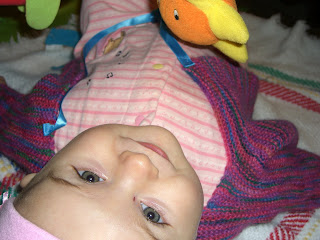 If I was a contestant on Family Feud, and Richard Dawson had just kissed all of the female members of my extended family, and the next category on the board came up, and it was Why People Listen to Music, well, my top answer would probably be, To Relax, or To Feel Good. But if I was answering for myself, rather than trying to predict the tastes of the hoi polloi, I might go with something a little more subtle - such as, to be carried away from the immediate present, and, often, into the past.
If I was a contestant on Family Feud, and Richard Dawson had just kissed all of the female members of my extended family, and the next category on the board came up, and it was Why People Listen to Music, well, my top answer would probably be, To Relax, or To Feel Good. But if I was answering for myself, rather than trying to predict the tastes of the hoi polloi, I might go with something a little more subtle - such as, to be carried away from the immediate present, and, often, into the past.For isn't that part of the reason that 97.9, or WBJC, or whatever's in your CD player right now, appeals? Turn it on, turn it up, and you're suddenly somewhere else - either in an abstract sense, as you ride a wave of Bollywood polyphony, or in a nostalgic sense, as you listen to that old Chris De Burgh song that you loved when you were 13.
But of course music's not the only tool that allows us to travel in such lovely vicarious ways. I'll resist the temptation to point out that you're doing something similar in simply reading this, but you can probably think of other analogies, as well. Really, such options are all around us. Just last week, for instance, Cleo and I peered down into the Jones Falls and saw a small group of male hooded mergansers (see the picture above). They were simply preening, and floating, but their very presence in Baltimore in late November suggested migrations and flights south. And then, too, I drove Cleo out to the airport recently on a rainy late morning, as we simply looked for an interesting place to walk, and to learn. But once in an airport, even as a mere pedestrian, who can resist looking at the large tables of outbound flights, and thinking, That could be me, on the flight to Miami.
I chatted briefly with the server at Starbucks this morning, and she mentioned that the turn in the weather had her thinking about going south. Where would you go? I asked. Somewhere, she said, south of the equator.
A fair answer, to be sure - but in small ways, isn't she already there?













